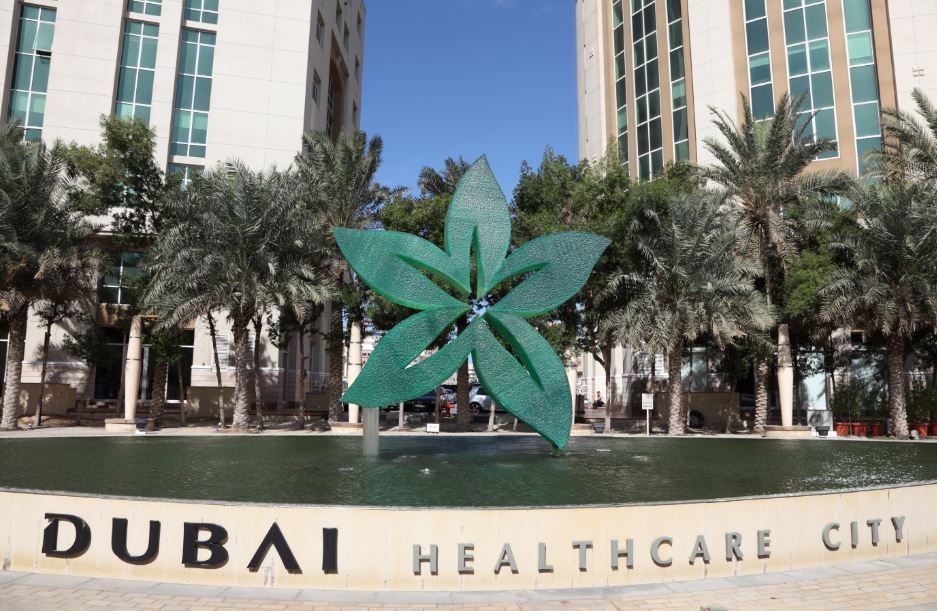The sudden growth in medical tourism and spotlight on Arab health issues has increased enquiries for real estate to accommodate incoming providers in the sector, according to Knight Frank.
Real estate advice is vital to detect the feasibility of local and international practices expanding across the GCC.
Matthew Dadd, partner at Knight Frank, said that the rising life expectancies, rapidly growing populations and per capita incomes, a high incidence of lifestyle-related diseases, and ambitious medical infrastructure projects are driving health care industry growth in the Middle East. “Real estate typically represents 40% of a hospital’s balance sheet—the third largest expense on the income statement and all too often, healthcare real estate is an untapped asset.”
With increasing medical clusters in the GCC including Dubai Healthcare City (DHCC), Dubai and Dilmunia, Bahrain (u/c), and Mubadala Healthcare’s venture with the Cleveland Clinic in Abu Dhabi, the region has great potential for medical tourism.
Another point to consider is that it is not just large scale projects and global brands looking at entering the Middle Eastern markets, but from smaller clinics, dentists to physiotherapists and specialist diagnostic centres.

